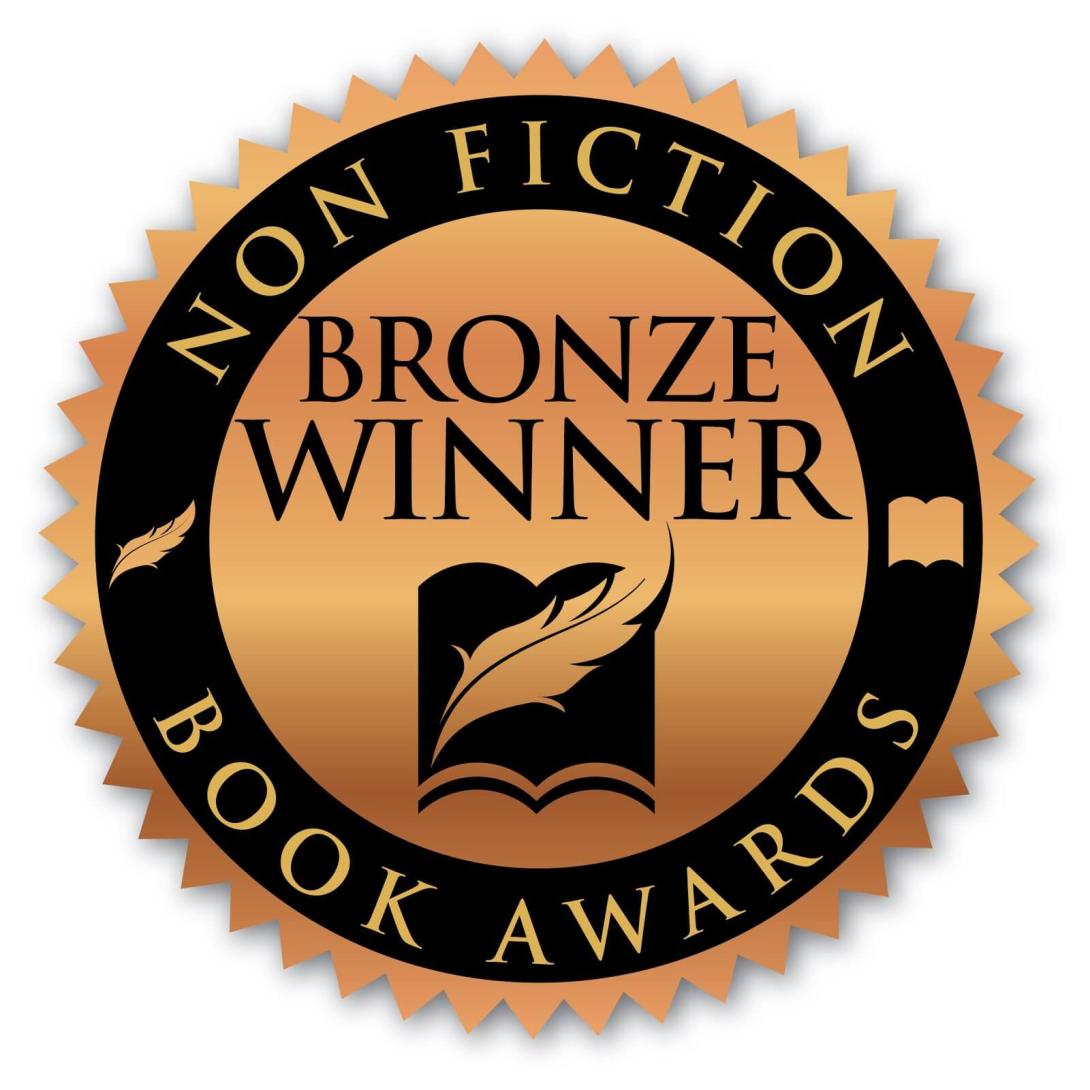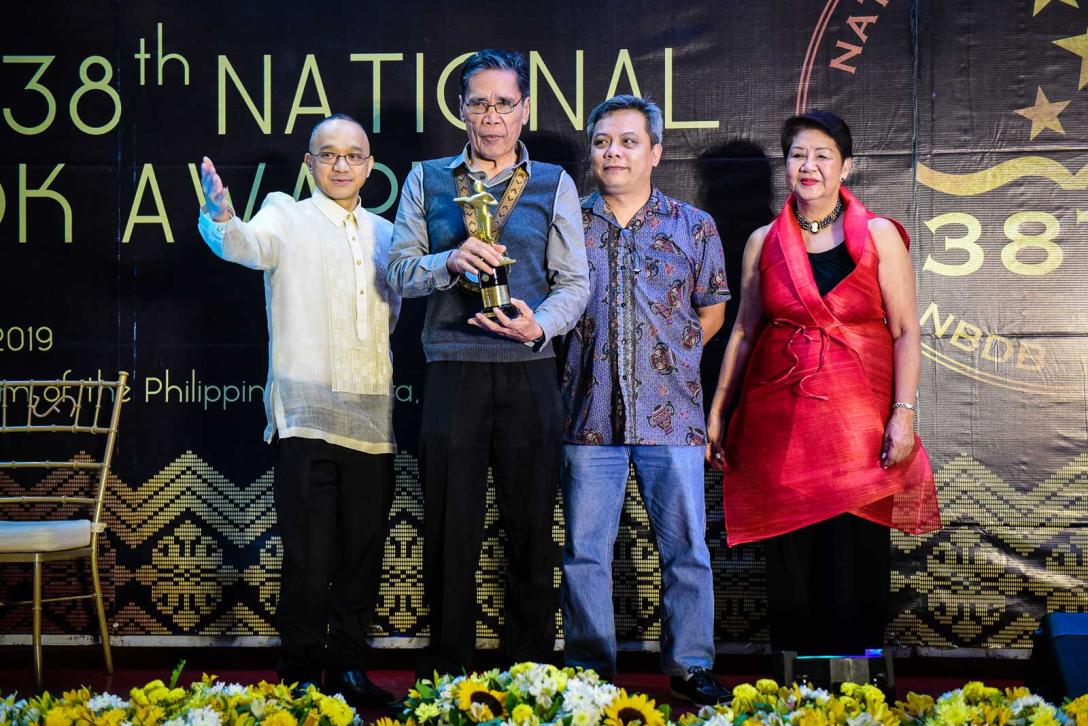How Do Book Awards Contribute to the Preservation and Appreciation of Literary Heritage?
Book awards are prestigious accolades bestowed upon authors for their outstanding literary achievements. These awards hold immense significance in the literary world, recognizing and celebrating exceptional works of literature while also contributing to the preservation and appreciation of literary heritage.

Historical Perspective:
The origins of book awards can be traced back to the early 20th century. The first notable book award, the Pulitzer Prize, was established in 1917 in the United States. Since then, numerous book awards have emerged worldwide, each with its unique criteria and objectives.
- The Nobel Prize in Literature, established in 1901, is one of the most prestigious literary awards globally, recognizing authors for their outstanding contributions to literature.
- The Man Booker Prize, founded in 1969, is a renowned literary award in the United Kingdom, celebrating the best original novel written in English.
Criteria For Book Awards:
The criteria used to evaluate books for awards vary depending on the specific award. However, some common factors include:
- Literary Merit: The book's overall quality, originality, and contribution to the literary genre.
- Cultural and Historical Significance: The book's relevance to contemporary issues, its exploration of cultural and historical themes, and its potential to resonate with readers.
- Writing Style: The author's use of language, narrative structure, and storytelling techniques.
Impartiality, diversity, and inclusivity are crucial in the selection process to ensure that awards are based solely on literary merit and not influenced by personal biases or commercial interests.
Impact Of Book Awards On Authors And Readers:

Winning a book award can have a profound impact on an author's career. It brings recognition, prestige, and increased visibility, leading to higher book sales and opportunities for further publishing and collaborations.
Book awards also play a significant role in introducing readers to new and diverse voices in literature. Award-winning books often gain wider readership, allowing readers to discover fresh perspectives, writing styles, and literary genres.
Preservation Of Literary Heritage:

Book awards contribute to the preservation of literary heritage by recognizing and celebrating outstanding works that stand the test of time.
- Award-winning books are more likely to be translated into different languages, ensuring their accessibility to a global audience.
- These books are also more likely to be included in school curricula, libraries, and literary anthologies, ensuring their continued relevance and study for future generations.
Appreciation Of Literary Heritage:
Book awards foster a sense of appreciation for literary heritage by highlighting the value and significance of exceptional works of literature.
- Award-winning books often spark discussions, critical analysis, and scholarly research, contributing to a deeper understanding and appreciation of literature.
- These books also contribute to a sense of cultural identity and pride, as they reflect and celebrate the unique voices and perspectives of different cultures and societies.
Challenges And Controversies:
Book awards are not without their challenges and controversies. Some of the common issues include:
- Biases: Allegations of biases towards certain genres, authors, or perspectives can arise, leading to质疑 the integrity of the awards.
- Commercial Interests: The influence of commercial interests can sometimes overshadow literary merit, as publishers and marketers may campaign for their books to win awards.
- Controversial Content: Award-winning books may sometimes contain controversial themes or language, leading to debates and discussions about censorship and freedom of expression.
Addressing these challenges requires transparency in the selection process, clear guidelines for evaluating books, and a commitment to impartiality and diversity among the judges.
Book awards play a vital role in preserving and appreciating literary heritage. They recognize and celebrate outstanding works of literature, introduce readers to new and diverse voices, and contribute to the preservation and study of literary classics. Despite the challenges, book awards remain an important part of the literary landscape, fostering a deeper understanding and appreciation of literature.
YesNo

Leave a Reply